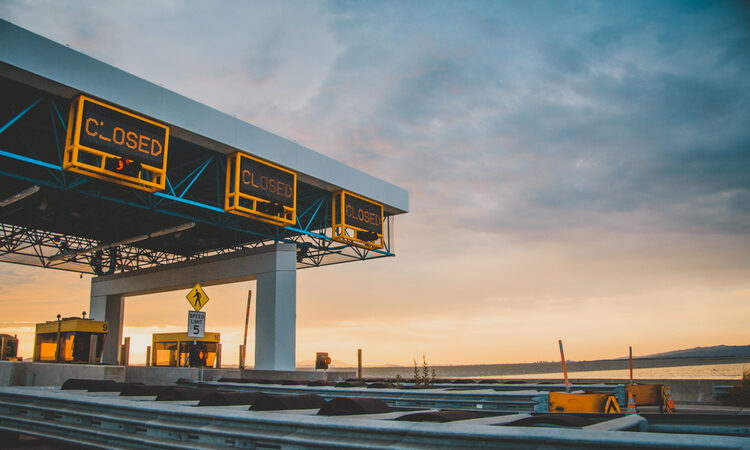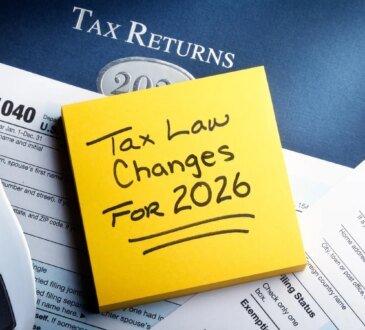
Europe’s climate and mobility ambitions are converging on a hard reality: the continent’s road network must undergo a profound transformation if the European Union is to meet its decarbonisation targets.
Road transport remains the backbone of mobility and trade in the Union, but it is also the sector responsible for the majority of transport-related emissions. Demand for freight and passenger mobility has risen steadily over the past two decades, placing growing pressure on motorway infrastructure.
Yet investment has declined, leaving operators facing mounting challenges linked to climate adaptation, digitalisation, safety upgrades and the deployment of alternative fuels infrastructure.
The approaching expiry of multiple concession contracts could also weaken the financial stability of the system if user-based funding mechanisms are not renewed.
Sustainability, safety, digitalisation
A study by PwC, commissioned by ASECAP, quantifies the scale of investment needed to modernise Europe’s motorways – and argues that, under the right regulatory conditions, much of the cost could be recovered through economic returns.
The report estimates that upgrading the network across ASECAP countries will require about €71.8 billion over the next decade, with sustainability-related projects representing almost 70 per cent of the total.
These investments include charging and hydrogen refuelling stations, dynamic charging systems for heavy-duty vehicles, and a major shift towards lighting optimisation and photovoltaic panels, which the report notes can deliver energy savings of up to 75 per cent.
Safety enhancements and digitalisation – such as predictive maintenance systems, intelligent transport services and improved communication networks – account for the remainder. The study also identifies carpooling and reserved lanes as additional measures that can reduce congestion and cut emissions.
Potential to generate billions
According to the PwC study, the investment needs identified are based on conservative assumptions drawn from survey data across European concessionary associations, meaning actual requirements could be higher. Yet the analysis also finds that much of the total cost could be offset by the economic value generated through the investments themselves.
The report calculates that the planned upgrades would generate €72.7 billion in added value across the EU economy and around €21 billion in public revenue. These economic impacts arise from direct value generated by construction and infrastructure companies, indirect activity throughout supply chains, and induced effects from household spending by workers involved.
The study clarifies that the €71 billion investment figure reflects intermediate goods, while the €72.6 billion represents the value added generated, and that the modelling is based on Eurostat’s FIGARO input-output tables.
However, the PwC report emphasises that these outcomes depend heavily on regulatory certainty.
Concessionary companies will only commit to major upgrades if policies provide a stable framework that incentivises investment and allows operators to recover costs through toll revenues and long-term operational visibility.
Without predictable long-term returns, the report warns, investment at the scale needed to support the EU’s climate goals will not materialise.
Tolls, indispensable financing tools
This brings the debate to the question of road charging and the ‘polluter pays’ principle. The report argues that tolling remains the most realistic and sustainable mechanism for financing motorway decarbonisation, particularly as public budgets tighten.
Citing established EU environmental policy, the study notes that applying the Polluter Pays Principle ensures that those who generate pollution bear the cost of preventing and remedying the harm caused – rather than shifting that responsibility to taxpayers.
In practical terms, tolling ensures that those who use the infrastructure most – and generate the greatest environmental impact – contribute proportionally to its maintenance and upgrading. Yet the report observes that tolls are not widely accepted socially, creating challenges for their implementation.
It argues that taxpayers require a clearer understanding of how much of the general budget currently supports road maintenance and how their tax burden could be reduced if road users – and polluters – meet these costs directly. Improving public communication is described as essential for building acceptance of measures that are ultimately more equitable.
Investments for decarbonisation
Although sustainability investments dominate the spending needs, the study emphasises that the core technologies required – charging networks, smart lighting, photovoltaic installations, free-flow tolling – already exist.
The report concludes that the main barrier to deployment is not technological but regulatory, noting that the benefits of these technologies would be immediate but require regulatory stability in the short, medium and long term.
If member states opt to remove tolls, the report cautions, the result would be a widening investment gap, as public capital alone would be insufficient to fund the necessary upgrades.
As the EU moves forward with carbon-based toll differentiation under Directive 2022/362, the debate over who pays for road decarbonisation – and how – will intensify.
The PwC study adds weight to the argument that the motorway network can support the green transition, but only if Europe embraces financing models that align environmental responsibility with economic sustainability.
(BM)




